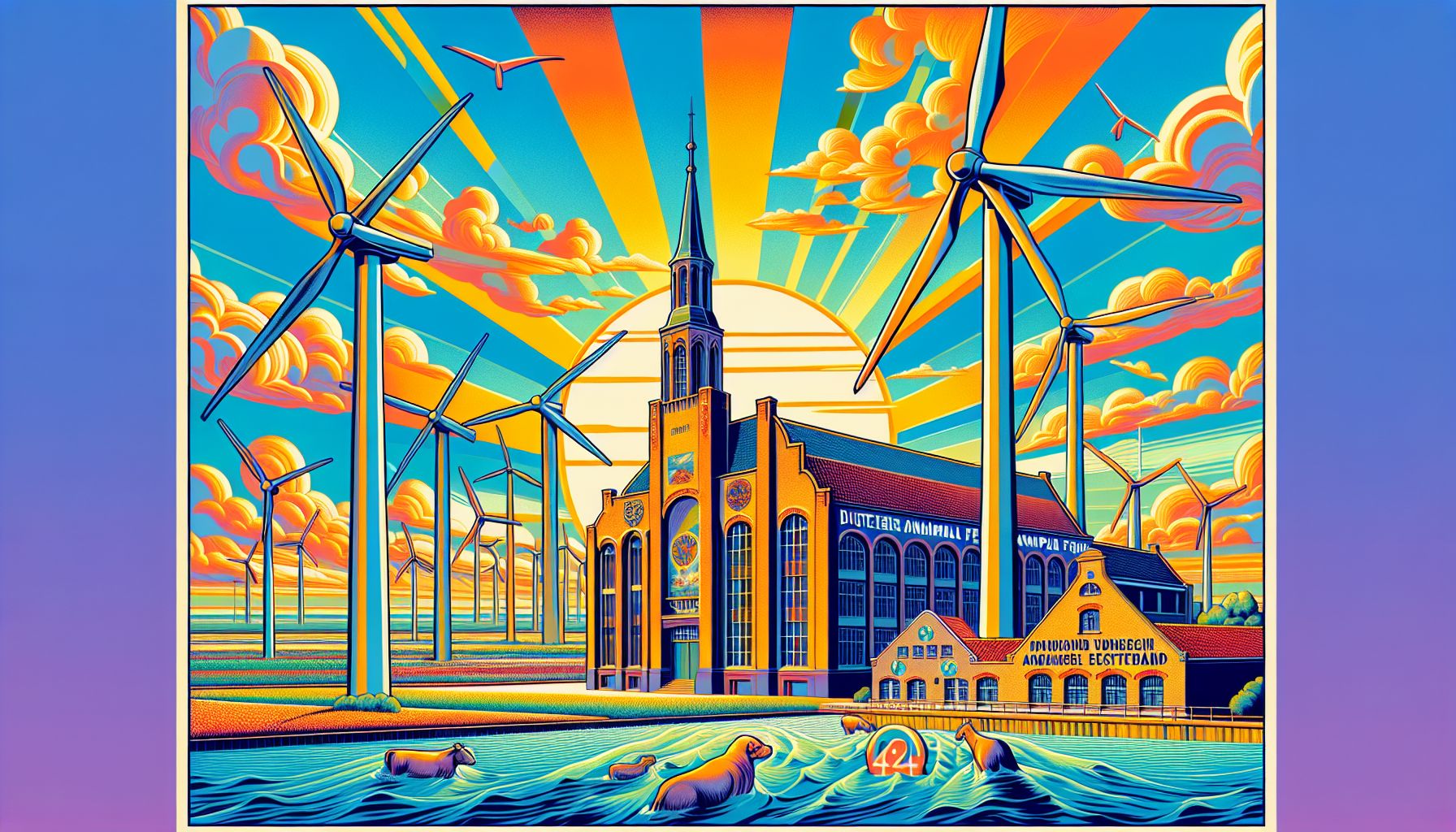De Heus Secures Green Power from Ecowende's Offshore Wind Farm

Veenendaal, Monday, 15 July 2024.
Dutch animal feed company De Heus partners with Ecowende to source renewable wind energy, covering a third of its power needs by 2027. This landmark deal supports De Heus’ goal to reduce CO2 emissions by 42% by 2030, marking a significant step towards sustainable manufacturing in the Netherlands.
Pioneering Green Energy Initiatives
De Heus’ commitment to sustainable energy is underscored by its partnership with Ecowende, a pioneering project in renewable wind energy. Ecowende’s offshore wind farm, the first of its kind designed in harmony with nature, is set to play a crucial role in De Heus’ ambitious environmental goals. This alliance is a proactive response to the urgent need for reducing reliance on fossil fuels and mitigating climate change impacts.
Strategic Collaboration for Sustainability
The collaboration between De Heus and Ecowende is facilitated by Scholt Energy, Eneco, and Rabobank. These partners have ensured a stable supply of green energy through innovative financial products, such as Rabobank’s new guarantee product. This strategic move not only secures De Heus’ energy needs but also sets a precedent for other industries to follow in their footsteps towards a greener future.
Transforming Manufacturing with Wind Energy
By 2027, De Heus aims to source one-third of its electricity from Ecowende’s wind power. This transition is expected to significantly reduce the company’s carbon footprint, aligning with the broader objectives of the Paris Agreement. Eline Vervoorn, Sustainability Manager at De Heus, emphasized the importance of this initiative in enhancing the sustainability of their production processes. The renewable energy from Ecowende is a critical component in De Heus’ journey towards becoming energy-neutral by 2050.
Global Implications and Future Outlook
This partnership exemplifies a growing trend in the global energy market, where companies increasingly turn to renewable sources to meet their energy demands. According to the International Energy Agency, renewable energy is essential for achieving net-zero emissions by 2050. The De Heus-Ecowende agreement highlights the potential for corporate responsibility to drive significant environmental benefits, demonstrating that economic growth and environmental stewardship can go hand in hand.

